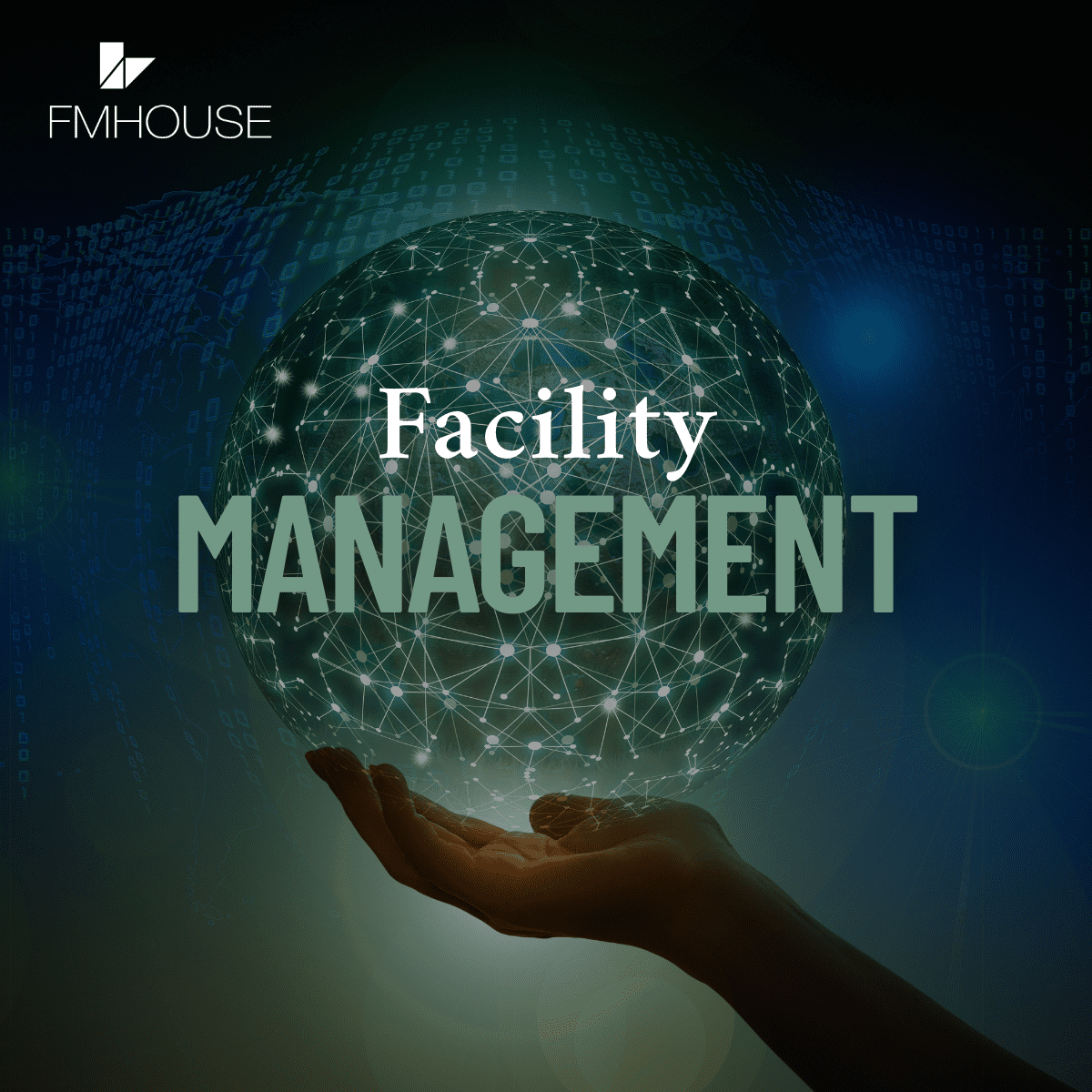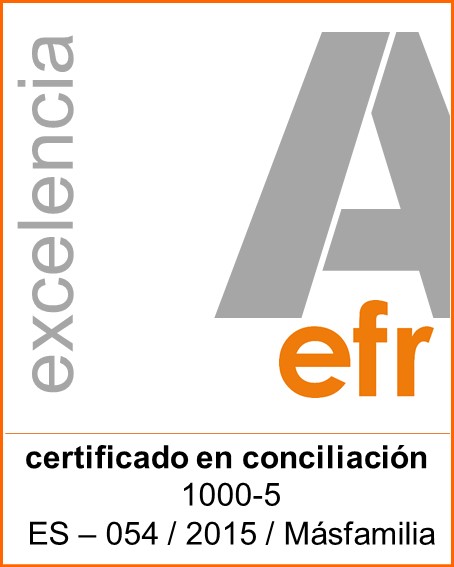How strategic momentum can be gained in support activities through the adoption of new Technologies
The use of technology in Facility Management is no longer optional; it has become an essential component of organisational performance. It can be stated that the current landscape demands a proactive and innovative response to the challenges of the built environment. This technological transformation brings efficiency and redefines the role of the FM leader, who now acts as a strategic facilitator of change. For years, the discipline relied on manual procedures and reactive operations, often with limited and disconnected tools. Today, thanks to solutions such as AI and augmented reality, FM professionals can access a comprehensive and dynamic view of facilities, make data-driven decisions, and anticipate future needs.
A change driven by necessity
The pandemic served as a catalyst for this transformation, forcing organisations to reassess their operational models and accelerating digitalisation. From remote monitoring of infrastructures to the automation of tasks, the need to adopt smarter tools to ensure service continuity, even under exceptional circumstances, became evident. Remote work and variable occupancy rates generated new demands. Occupancy sensors, space reservation platforms, building management systems (BMS), and data analytics solutions enabled real-time resource adjustment, reducing costs and optimising comfort and safety.
Operational efficiency and sustainability in balance
One of the greatest contributions of technology to FM is its ability to align operational efficiency with sustainability objectives. Intelligent systems allow real-time monitoring of energy consumption, automated climate control adjustments, and maintenance management based on actual usage conditions. These capabilities, powered by artificial intelligence, reduce environmental impact, optimise the asset lifecycle, and improve investment profitability. Predictive maintenance platforms, for instance, can anticipate failures through the analysis of historical data and sensor inputs, enabling intervention before breakdowns occur, reducing disruptions, and extending system lifespan.
A future of integration and adaptability
The future of FM is digital, integrated, and geared towards informed decision-making. Cloud-based platforms capable of unifying data from multiple systems offer a 360° view of operations, enabling more precise and flexible management. Asset lifecycle management, driven by emerging AI-based technologies, allows for more efficient planning of maintenance, replacement, and equipment optimisation. This represents a significant advantage in financial management while ensuring service continuity and regulatory compliance.
Leading through knowledge and technology
FM leaders must take an active role in adopting and integrating these technologies. It is no longer sufficient to merely keep facilities operational; it is essential to anticipate, innovate, and create value from the infrastructure. Technology does not replace the manager’s judgement — it enhances it, allowing for better-informed, faster, and more impactful decision-making.
FMHOUSE believes that the future success of the discipline lies in this synergy between human expertise and technological capability. Digital transformation is not the final destination but the path towards a more efficient, sustainable FM aligned with each organisation’s strategic goals.










